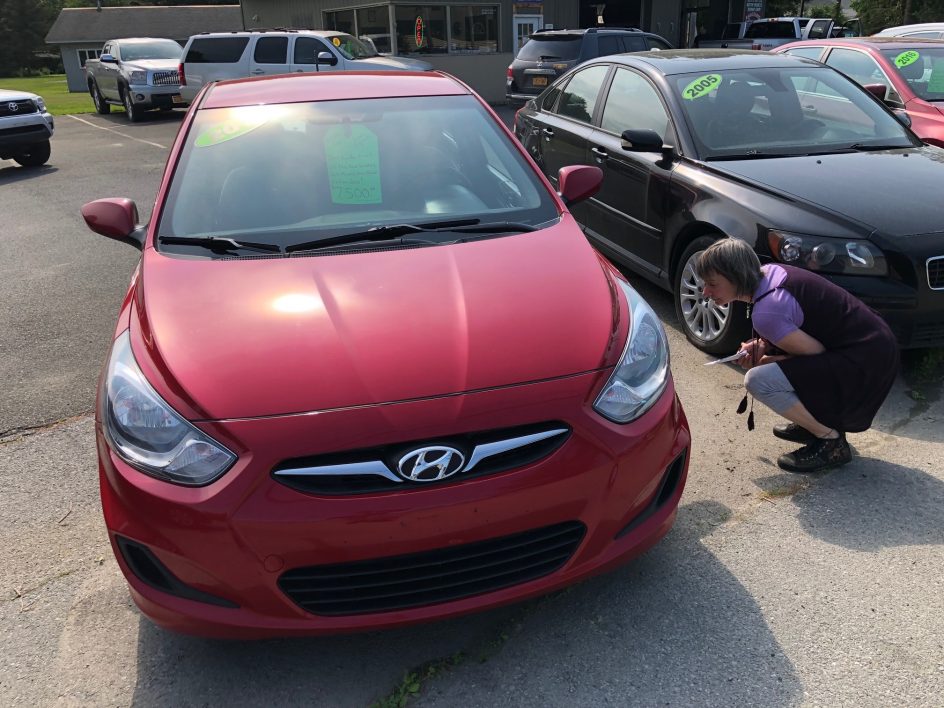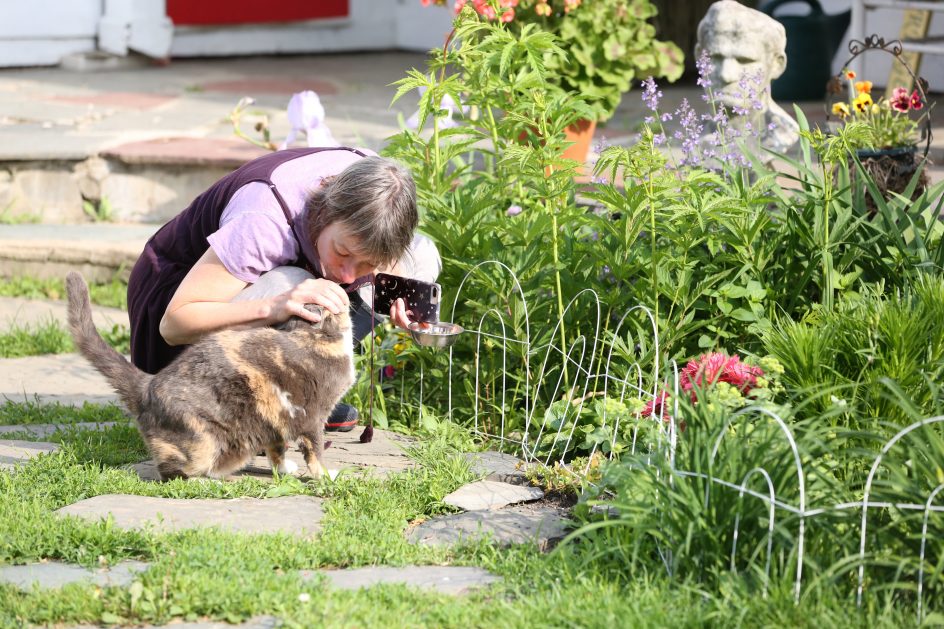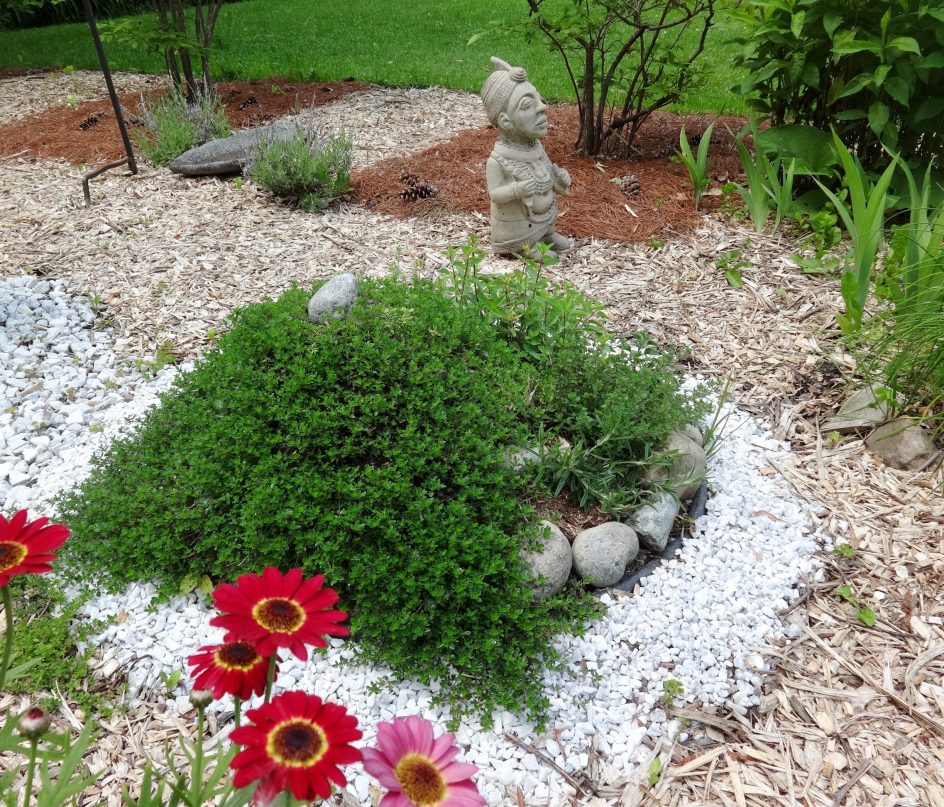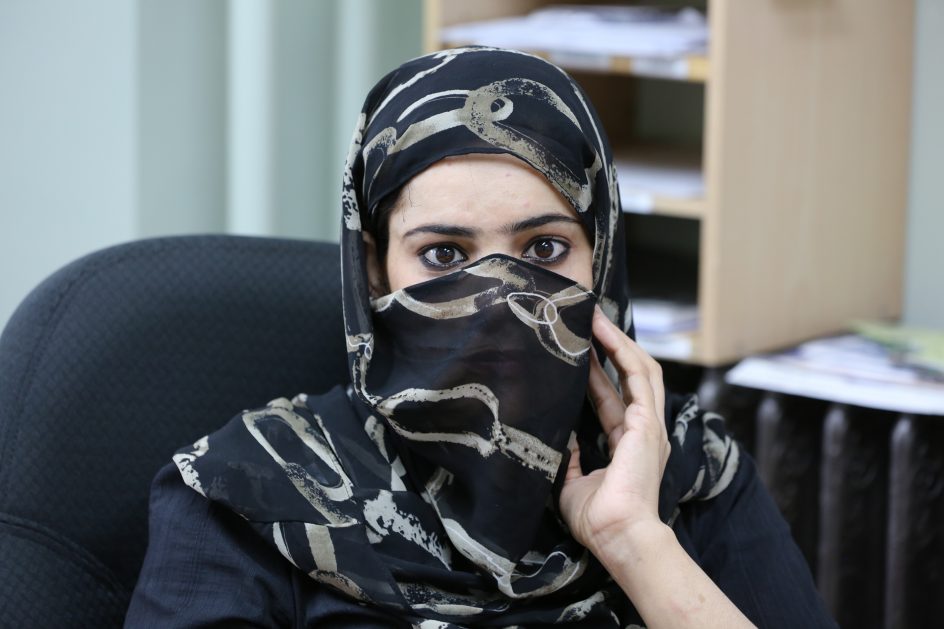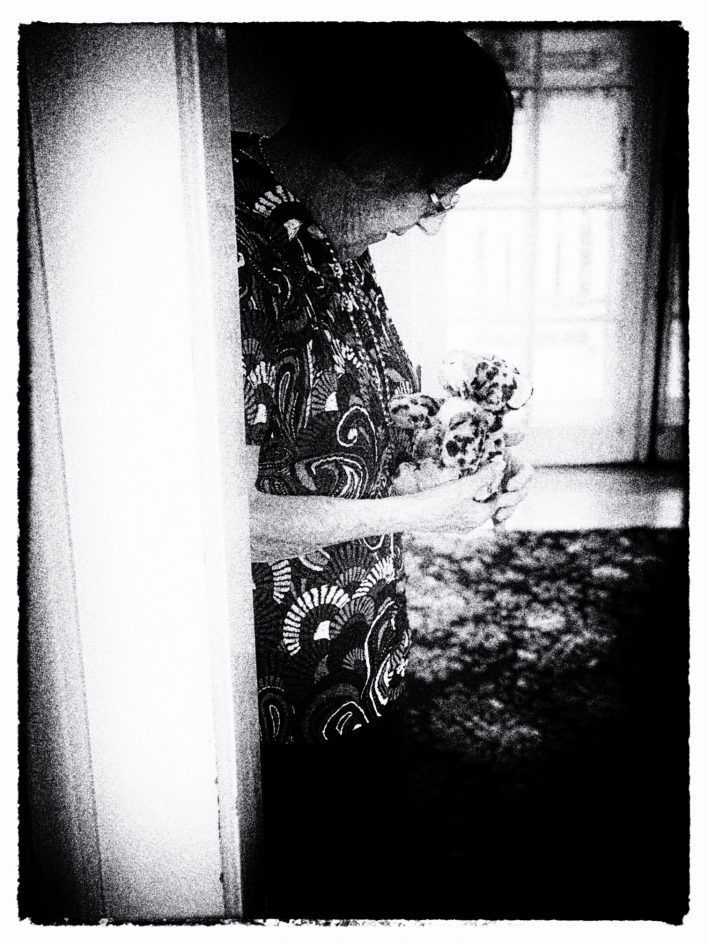
Sadness is necessary, sadness is a cleansing of the soul, or, as one priest/author put it, the carwash of the psyche.
Maria and I went to the Mansion to run the Friday night Bingo Games, with our hardy and growing band of players. It is sometimes painful to run this games, sometimes joyous. There is great satisfaction for the winners, it is somethimes hard to watch those who struggle to hear, see, or move their fingers.
In many ways, aging is about learning what you cannot do any more, and that is what the residents often learn as they try to listen and react and keep track.
They sometimes struggle bravely to win their games.
After the game, I went into the activity room to put away the Bingo game, and the room was dark, all the residents had gone to her rooms, and suddenly a shadow appeared in the doorway, moving slowly and erratically. It was someone I recognized right away.
I’ll call her “Bea” and I saw she was struggling and looking at me.
I saw she was frightened, she was whispering to me.
I got closer to hear her, and she said “please help me,” and I saw she was struggling to stand up. I knew her well, she is well into her 90’s and growing very disoriented and frail. I took her arm and guided her to the sofa, she had a hard time sitting down. “I’m frightened,” she said, “something is wrong,” and her eyes look vacant and out of focus.
There was nothing for me to do other than to go quickly and get help.
An aide on the evening shift came quickly to help her, she said she needed no help, and I left.
It was not my place to stay and witness what happened next. In the morning, she may be at the Mansion, or she may be in a nursing home, or she may be gone. One poet wrote that death is either the last sleep or the great beginning. I don’t know which.
Maria saw “Bea” also, and when we came home she cried a bit, she said “she just seemed so lonely. There was such a great sense of loneliness in the room.”
There was, and I could feel it too. Maria said she didn’t want me to hide my sadness from her, and I told her it was too deep for me to raise.
The sense of great aloneness gave me a chill.
“Bea” was very frightened, she knew something was wrong, but I also know she no longer has any control over the way she might be ill, or the way she might die. She is too weak and confused to make those kinds of decisions to control the end of her life.
She has been to the hospital several times in recent months, she will probably go many times more. No one on these many trips will ask her what she really wants.
She is losing the ability to understand what is happening to her. Everyone is too busy to talk about what is happening.
The country just doesn’t want to face up to death, or what we owe the elderly. There is great alarm about the growing suicide rate in America, and it is a troubling thing.
Yet I often see another side of it. “Bea” has told me several times, as our friend Connie did before she died, that she wished to go, she was tired of feeling poorly, of being rushed to the hospital, of being given more pills, and having more surgeries, and healing more wounds that cannot heal.
“Why can’t they just let me go?,” she asks me when we are alone. Because they can’t, I tell her, it isn’t up to them to make those decisions, they can’t violate the law. They care, and they do the best they can.
I know Bea wants to face death with dignity, she is simply exhausted from a long and sometimes difficult life, and from all of her pills and procedures. There is no family around, and as loving as the staff and aides are, it is a lonely time for her, the loneliness comes from within, and no dog or activity can resolve it. She is close to the end, but has nothing to say about how it will occur or where.
I empathize with her fear.
There is talk of a new national suicide prevention program to dissuade people from taking their lives. But is that always a poor choice for everyone?. If you work in elderly care you see people hanging onto life for years, often against their wishes. It is sad to see them suffer so, when many are ready to let go of life and pain and loss. I don’t have an answer for this, but I would love to see a conversation about it.
Who gave us the right to tell people who have lived their full lives how and when they must die? Bea can tell us.
“It is by doing down into the abyss that we recover the treasures of life,” wrote Joseph Campbell. “Where you stumble, there lies your treasure.” That is my belief, and my faith. But sometimes this just seems too dark for me.
When we left “Bea” sitting on her sofa, she seemed to me to have fallen into the abyss. I suspect they have called for an ambulance by now, as they have before, and as they are supposed to do. I hope she finds some treasure there. I hope to see her again.
When we got home, we saw a new post from the Gulleys on their Bejosh Farm Journal, they have come home after their 18-day trip and Carol wrote about the meaningful trip they took together and their precious time with one another.
It was also apparent in her piece that Ed’s cancer is rapidly advancing, it is clearly “winning,” she wrote.
She said he was unable to get out of bed on Saturday, his left side is no longer permitting him to stand on his own. Some members of her family brought a motorized wheelchair over to Ed tonight.
I will admit this made us sadder, and I write often about accepting life as it is, but this news is difficult, not what I hoped to hear. I see the abyss, I don’t get to see the treasure, although I sometimes feel it deep inside of me. I have not spoken with Ed for awhile, this does not offend me, I understand it. What is he supposed to say?
I have avoided messaging the Gulleys too often or rushing to see them, Carol seems overwhelmed, as she has every right to be, and their first obligation is to their family, not me.
I don’t come from the farm world, where the habit of dropping in is so ingrained. At times like this, I wait to be invited, anything else to me is an invasion of privacy. Carol texted me tonight, worried that I felt unwelcome, she asked me to forgive her if she made me feel that way.
This was awful to hear, I am in no way upset with Carol, she has never made me or Maria feel anything but welcome. Neither has Ed.
I just was waiting for her to tell me it was okay, perhaps I should have just gone on over. That is my issue, not hers, I always back away rather than rush in. I see this is a sacred family time, I just don’t feel easy assuming I can intrude on it without permission any time I want. It may not be time for good cheer.
I guess you can do too much or do too little, there is no handbook for this.
Carol and I sent messages of love back and forth, and she said of course they want to see us, they are just trying to get used to a situation they never imagined.
And of course I understand. I think Carol knows that now. We are coming on Sunday if it still seems right for them, and I told Carol I will text her or call first to make sure the timing is good.
Ed owes me nothing, and I want nothing for him other that to be free of pain and fear and at peace. He has his hands and body and mind and soul full. He can do what he wishes.
I can only imagine what he is thinking and feeling. I imagine there is also a great sense of loneliness, even though he is surrounded by people who love him.
It just sucks, is the best way I can put it. It is hard for me to imagine Ed, the most active of men, unable to stand up to go outside and kiss a cow on the nose or pull a calf out of one.
I want to give only what is needed and wanted, not one thing more. I am eager to see Ed on Sunday. He was and is a treasure, long before the abyss. I pray that he finds peace and compassion. We will be there first thing on Sunday, the fates willing.
So tonight a night of some sadness and thought. I just don’t have any positive magic to waive the sadness away. This, of course, is an opportunity to find deeper powers with in my self when life seems most challenging. That is where my treasure waits.

